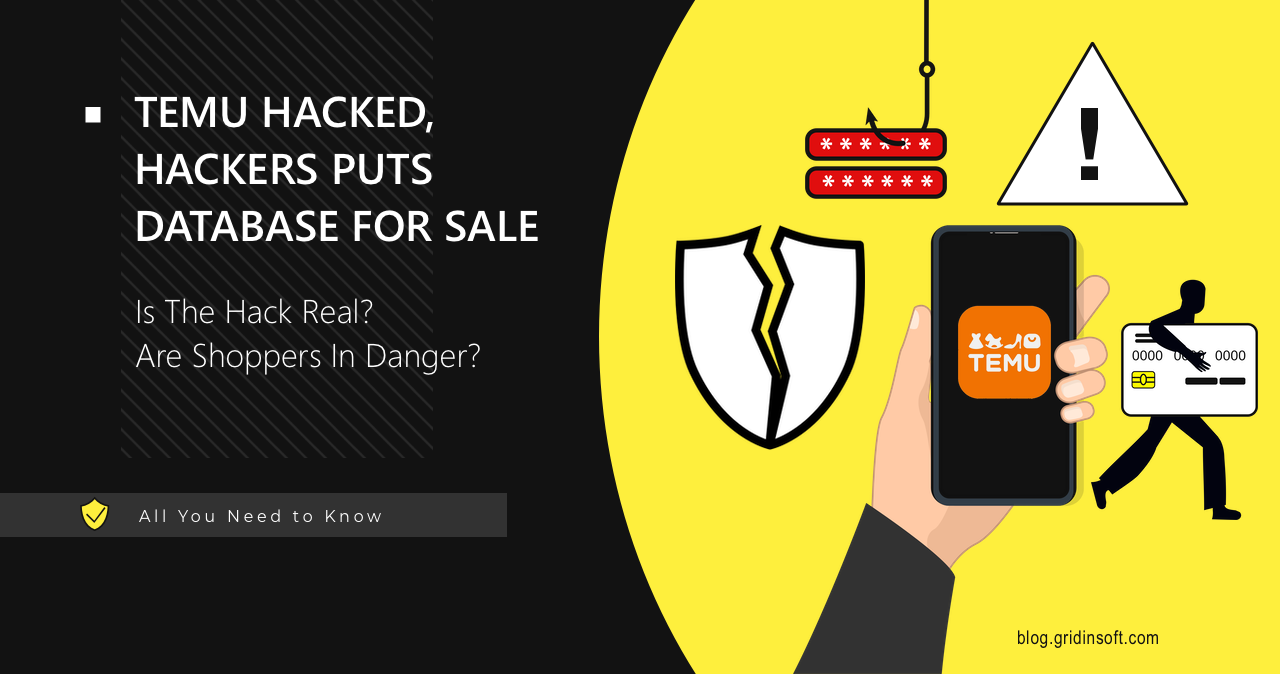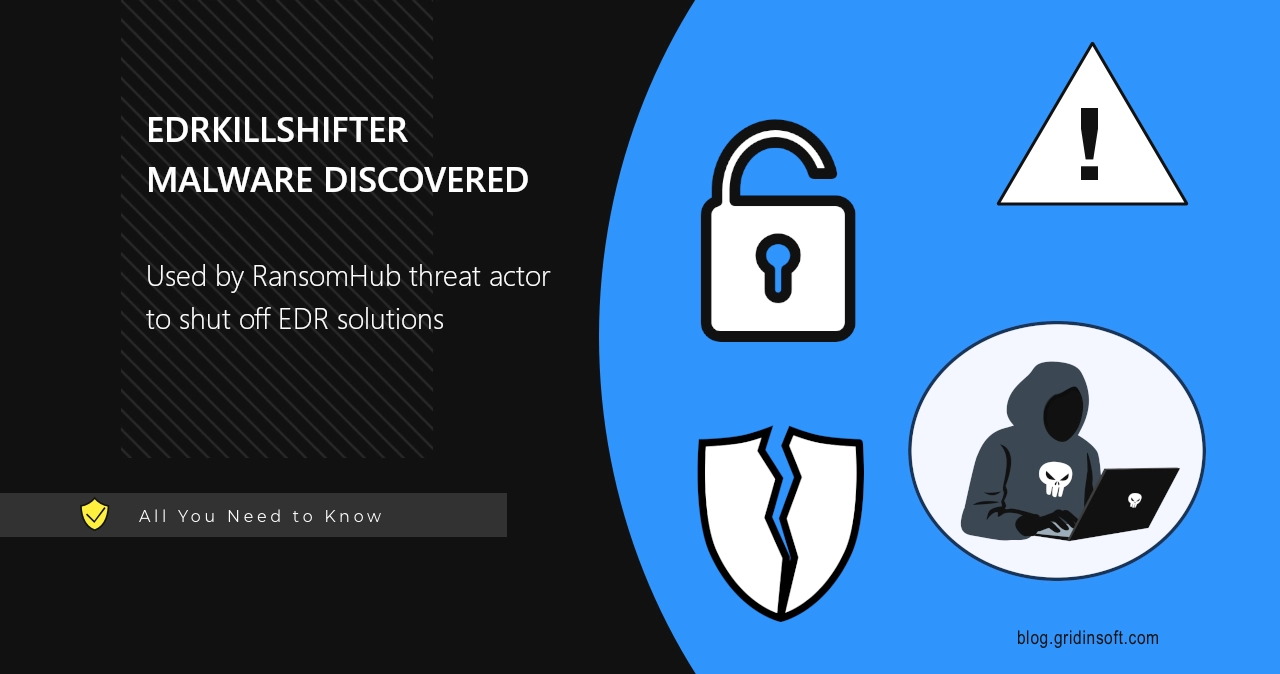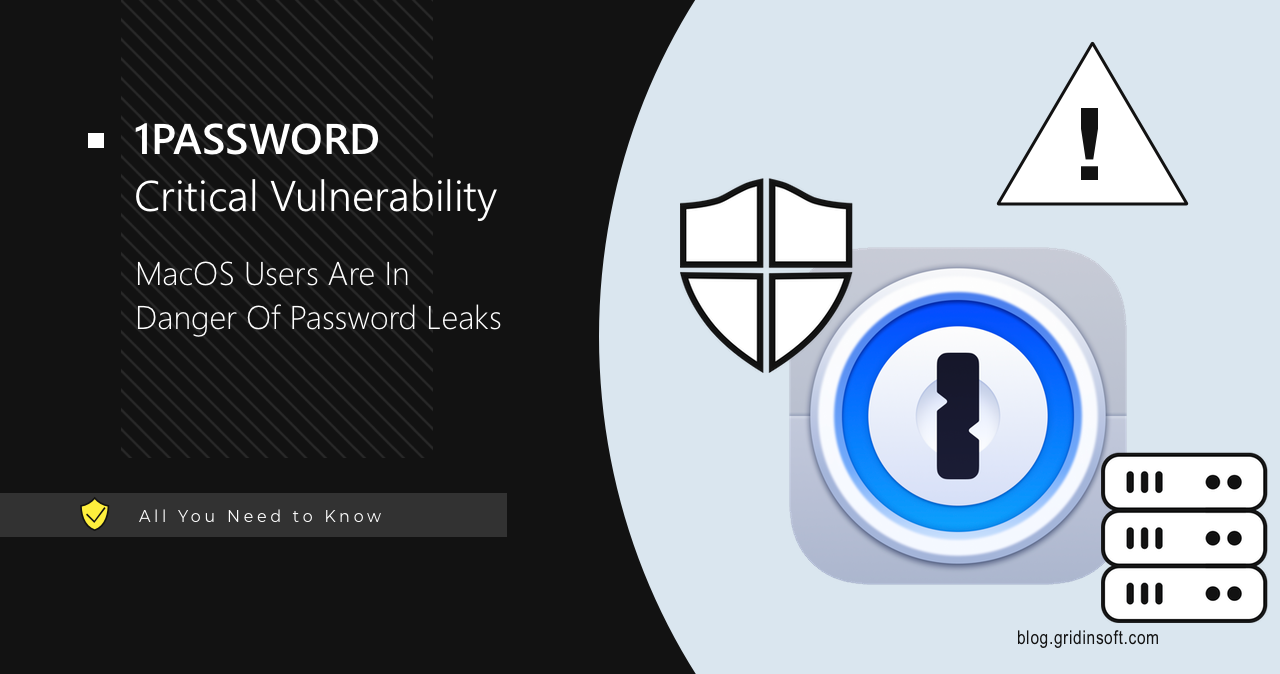Lumma Stealer Targets Transportation Companies
Hackers appear targeting logistics and transportation companies in North America with Lumma…
Fake CAPTCHA Sites Trick Users to Run Malicious Code, Install Lumma Stealer
New malware spreading campaign now picks up steam on the Internet, luring…
What are Facebook Job Scams and How to Avoid Them?
Facebook job scams are a relatively recent but fast-growing type of scam…
Temu Allegedly Hacked, Data Put on Sale On The Darknet
Chinese retailer Temu allegedly suffered a huge data breach. Hackers have put…
Critical VMWare vCenter Server RCE Vulnerability Fixed
On Tuesday, September 17, Broadcom released a security update that fixes a…
Chase Bank Glitch: Fast Earning Scheme Explained
Chase Bank Glitch is a recent viral campaign that goes on different…
Critical RCE Vulnerability in GiveWP WordPress Plugin
A critical vulnerability has been discovered in the GiveWP WordPress plugin that…
Google Pixel Devices Shipped with Vulnerable App
Recent research has uncovered a vulnerable app in the Android package on…
Critical Windows TCP/IP Vulnerability Uncovered, Patch Now
A critical vulnerability has been discovered in the Windows TCP/IP stack that…
EDRKillShifter Malware: New EDR Killer Tool in Ransomware Actors’ Toolkit
Recent research uncovers a new anti-EDR utility in the arsenal of malware…
Critical SAP Auth Bypass and SSRF Flaws Fixed, Update Now
SAP, the developer of business management software, released a huge security update…
1Password Vulnerability for MacOS Causes Credentials Leak
A critical vulnerability was discovered in 1Password that allows attackers to steal…












